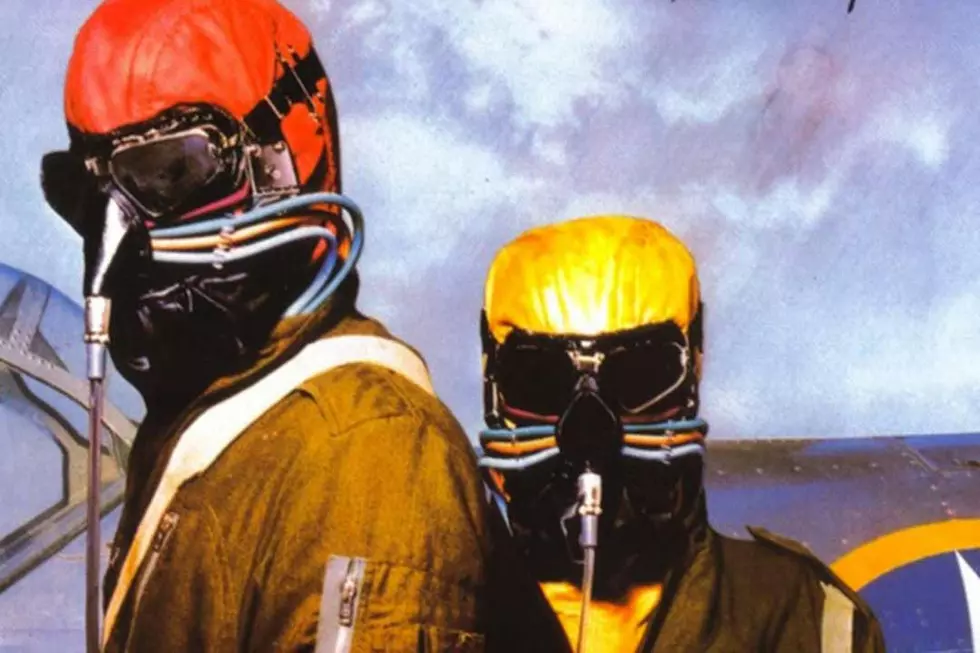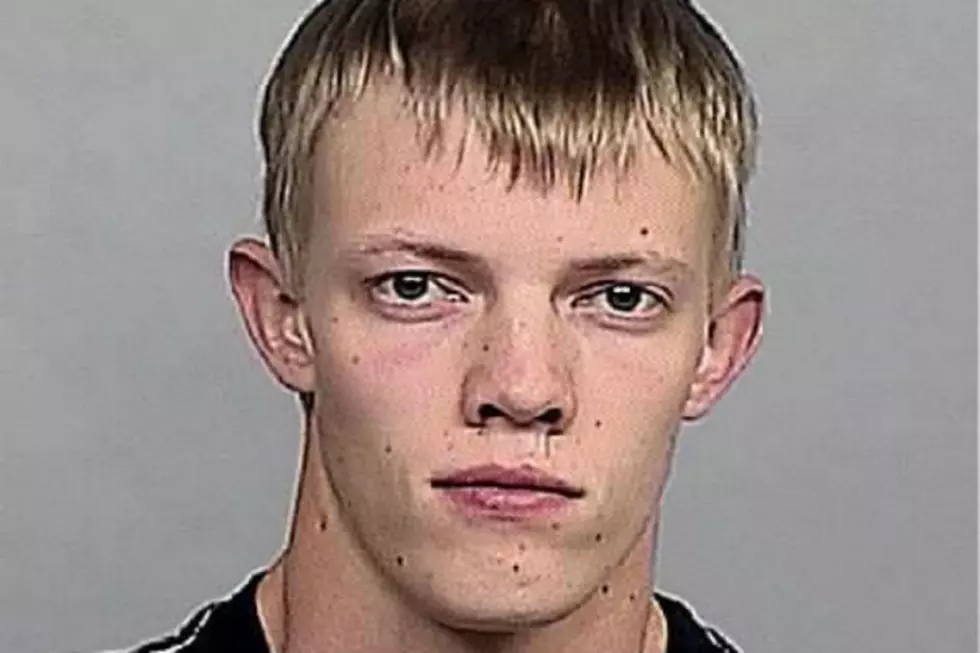27 Years Ago: Ozzy Osbourne Gets a New Guitar Player for ‘No Rest for the Wicked’
By the late '80s, Ozzy Osbourne had been lucky enough to work with some of the best guitarists in rock, including Randy Rhoads and Jake E. Lee -- not to mention his former Black Sabbath bandmate Tony Iommi. When Lee was fired following the tour for 1986's The Ultimate Sin, his replacement had some mighty big shoes to fill.
Given how lucky he'd been with guitarists before, it wouldn't have been surprising if Osbourne's luck finally ran out when it came time to record his next album, No Rest for the Wicked. But as fans quickly discovered when the LP hit stores in September 1988, rock's Prince of Darkness had stumbled across another brilliant axeman in Zakk Wylde.
Wylde's arrival coincided with the return of bassist Bob Daisley, whose lyrics formed a large part of Osbourne's solo catalog, but whose contentious relationship with the singer had put them on the outs since 1985. Wylde and Daisley helped write all but one of the songs on the album, which also featured songwriting contributions by drummer Randy Castillo and keyboard player John Sinclair. Only one track, "Devil's Daughter (Holy War)," ended up being credited solely to Osbourne.
With producers Keith Olsen and Roy Thomas Baker behind the boards, the newly augmented band set about recording some of Osbourne's most pointed solo material, including the single "Miracle Man," which gleefully poked fun at televangelist Jimmy Swaggart, who'd made headlines by criticizing Osbourne's music before losing his ministry in a sex scandal. Though reviews were mixed -- Rolling Stone snickered at the album's title, quipping, "apparently no brains either" -- fans responded the way they always had, sending it to the Top 20 on the album chart and buying more than a million copies before the year was out.
Looking back on The Ultimate Sin as "much softer" than his other albums, Osbourne later described No Rest for the Wicked as being "more like the original Black Sabbath sound ... I purposely went out of my way to make a heavier album." His words proved prophetic, considering that before long Daisley was out of the band again, replaced by Sabbath bassist Geezer Butler for the subsequent tour and live EP, Just Say Ozzy.
How No Rest for the Wicked stacks up against Osbourne's other efforts in terms of heaviness is up to fans to decide, but it definitely served to strengthen his grip on the charts. Between that and his appearance on Lita Ford's massive 1988 pop hit "Close My Eyes Forever," his solo stardom burned brighter than ever. With Wylde settled into the lineup, Osbourne ppeared poised for another decade of ear-splitting greatness.
Ozzy Osbourne Albums Ranked Worst to Best
This Day in Rock History: September 28
More From 107.9 Jack FM



![Million Dollar Message In Wyoming [AUDIO INTERVIEW]](http://townsquare.media/site/101/files/2015/09/Ted-DiBiase.jpg?w=980&q=75)




![Monster: A Veteran Confronts Suicide [VIDEO]](http://townsquare.media/site/101/files/2015/09/Keith-Smith-22Kill-Ring.png?w=980&q=75)

